A Healthier Heart, A Better Life.
We Believe in Better.
Personalised, evidence-based care for every stage of
your heart health.
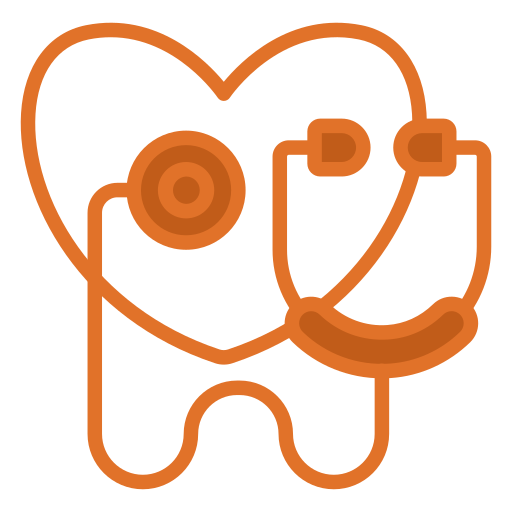
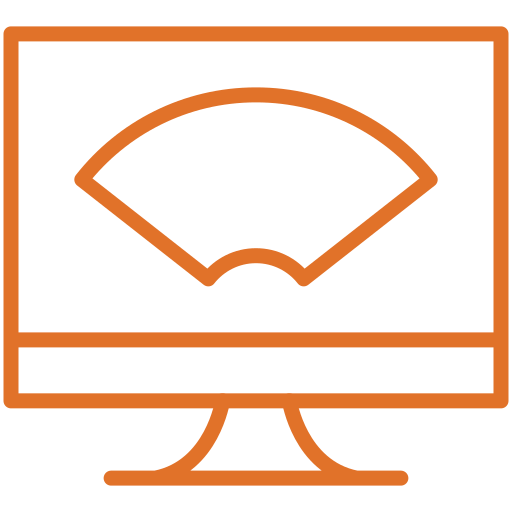

Experienced Senior Cardiologist
Personalised, Patient-Centred Care
Integrity You Can Trust
- Experienced Cardiologist
- Precision Cardiac Treatment
- Personalised, Evidence-Based Care


Experienced Senior Consultant Cardiologist
Performed over 5,000 cardiac procedures, including over 2,000 coronary angioplasty procedures as the primary operator

Personalised,
Patient-Centred Care
Every plan designed around you – your history, your lifestyle, and your goals – so you feel seen and heard

Integrity
You Can Trust
Decisions guided by evidence, transparency, and an unwavering commitment to your best interests
Important Facts

30%
of deaths in Singapore in 2023 are due to heart diseases or stroke¹
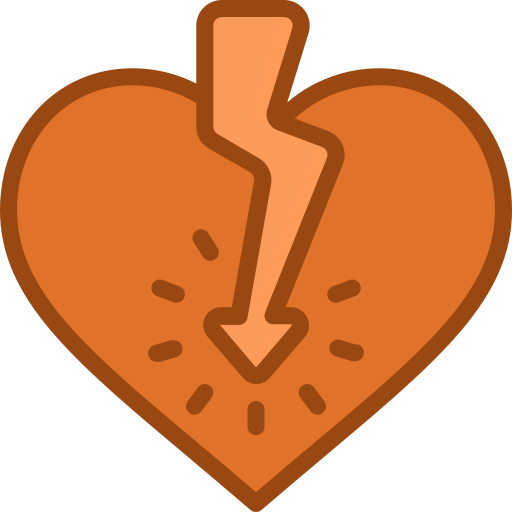
44%
more heart attack cases in Singapore from 2012 to 2022²
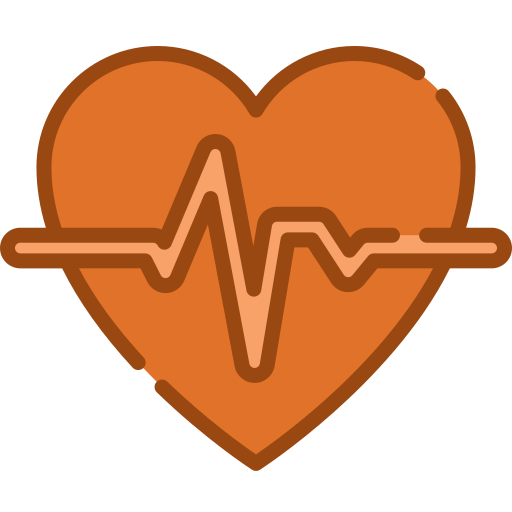
1 in7
Singaporeans did not experience any symptoms before a heart attack²
Most cardiovascular diseases can be prevented by addressing risk factors³.
Why You Should See A Heart Specialist Today
Early Detection
Heart disease can develop silently. A heart specialist can detect early warning signs and help prevent heart attacks or strokes.
Get Answers and the Right Treatment
Having chest pain, shortness of breath, palpitations, or fatigue? An experienced cardiologist can diagnose the cause and provide appropriate treatment.
Personalised Risk Assessment
Not all hearts are the same. A heart specialist can tailor individualised care to your unique risk factors and lifestyle.
Peace of Mind
Seeing a cardiologist offers reassurance – because knowing is better than guessing.

Don’t wait for chest pain or breathlessness.
A heart screening can reveal silent artery narrowing early—so you can take action before it becomes an emergency.
Meet Your Cardiologist

Dr Benji Lim
Senior Consultant Cardiologist | Interventional Cardiologist
MB BCh BAO (Ireland), MRCP (UK), FAMS, FACC
Experienced senior consultant cardiologist focused on the prevention, diagnosis and treatment of heart diseases, management of diabetes, hypertension and high cholesterol levels.
Specialises in coronary angiography and angioplasty, with experience of more than 2,000 coronary angioplasty procedures as the primary operator.
Recognised with multiple awards for contributions to patient care and medical education, including:
- SingHealth Quality Service Awards – Gold (2022) and Silver (2025)
- SingHealth Residency Outstanding Faculty Award (2020)
- Eastern Health Alliance Young Educator Award (2016) and Silver Star Award (2014)
Published in leading cardiology journals and frequent speaker at regional and international cardiology conferences.
Our Heart Screening Packages At A Glance
CardioSmart
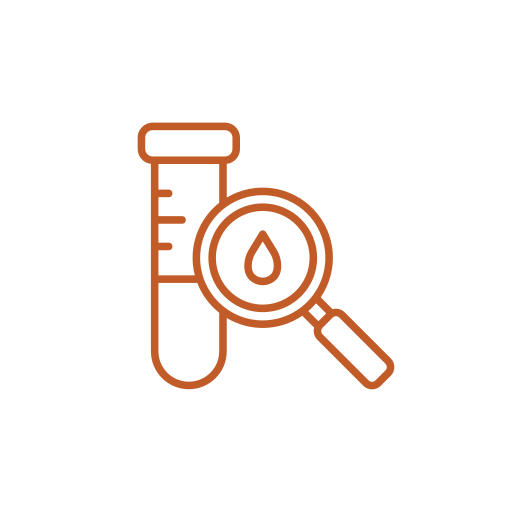
$378
1-to-1 Consultation With Our Senior Cardiologist
- ECG
- Treadmill Stress Test
- Blood Tests
CardioCare

$678
1-to-1 Consultation With Our Senior Cardiologist
- ECG
- Exercise Stress Echocardiogram
- Blood Tests
CardioPro
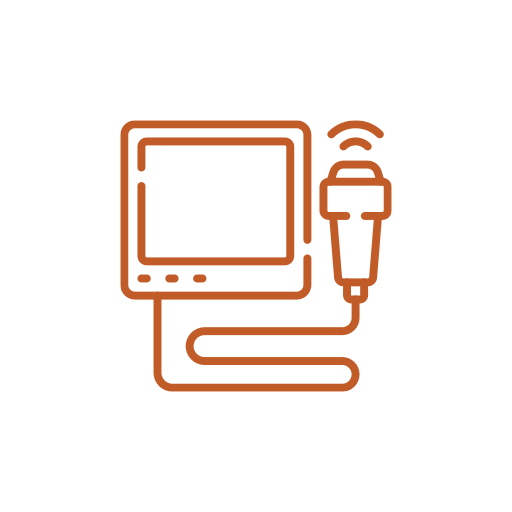
$878
1-to-1 Consultation With Our Senior Cardiologist
- ECG
- Exercise Stress Echocardiogram
- Carotid Intima Media Thickening Scan
- Blood Tests
View Our Full Cardiac Services
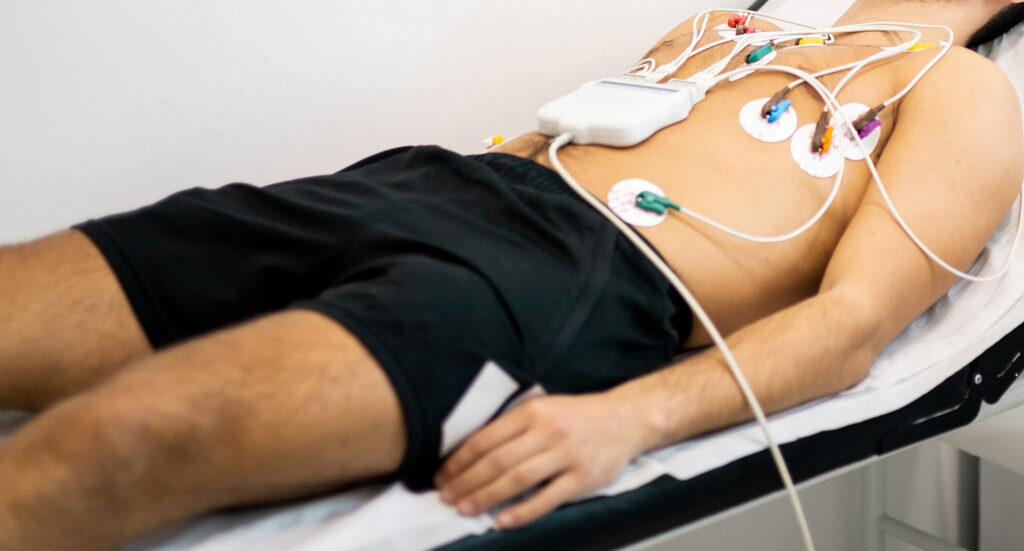
Electrocardiogram (ECG)
Records your heart rhythm and electrical activity at rest to identify irregularities or signs of underlying heart conditions.
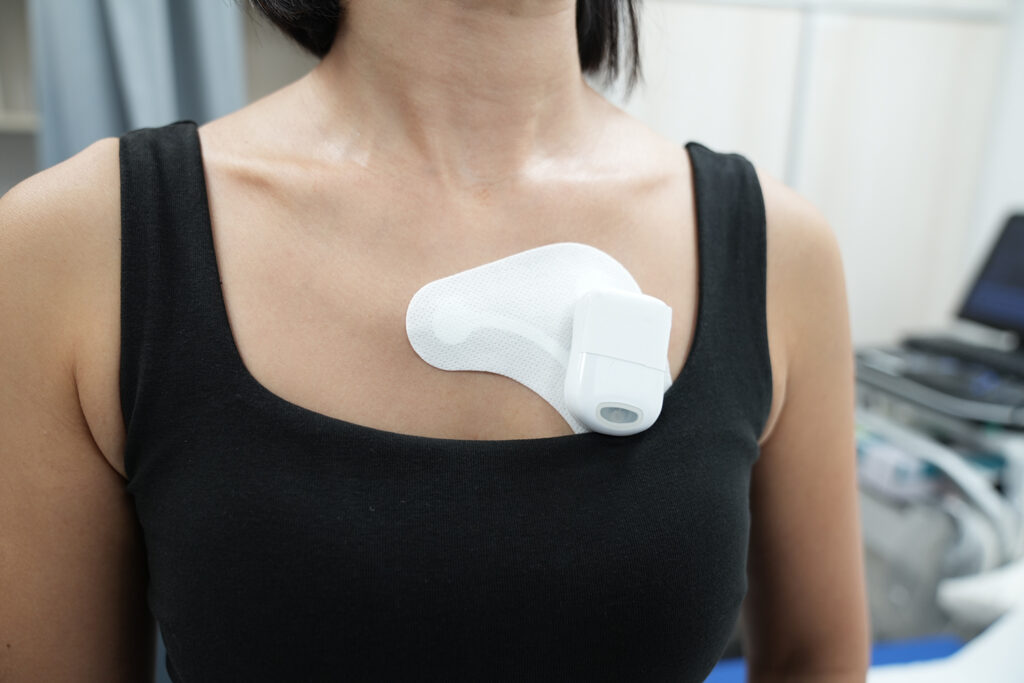
Ambulatory ECG / Heart Rhythm Monitor
Wearable device that detects abnormal heart rhythms as they occur during normal daily activities.
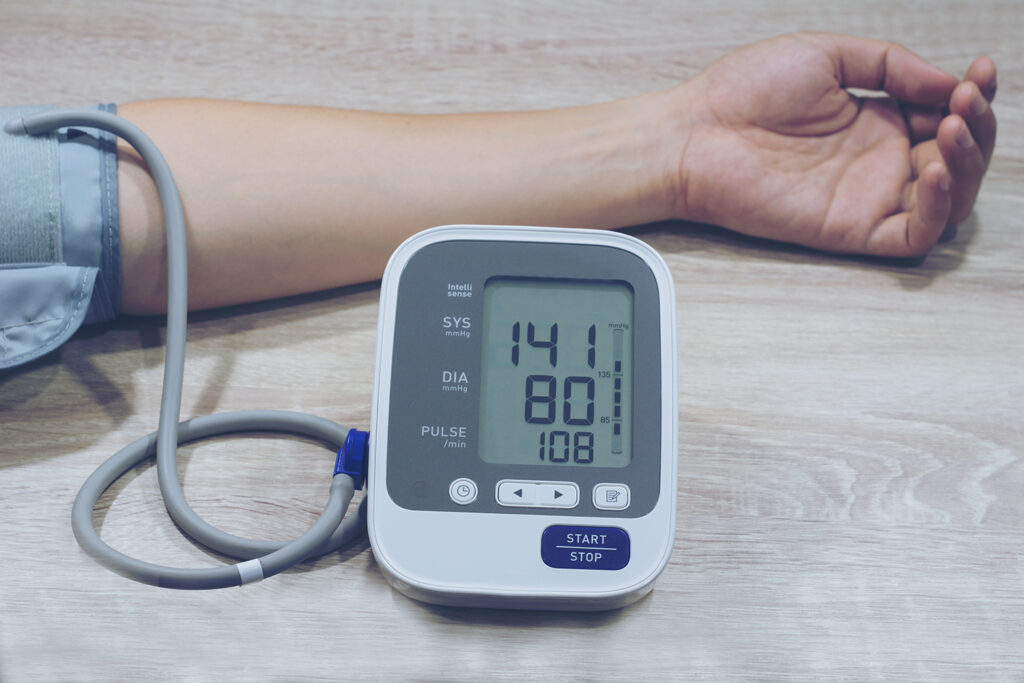
Ambulatory Blood Pressure Monitor
Tracks your blood pressure continuously over 24 hours to measure your daily BP pattern.
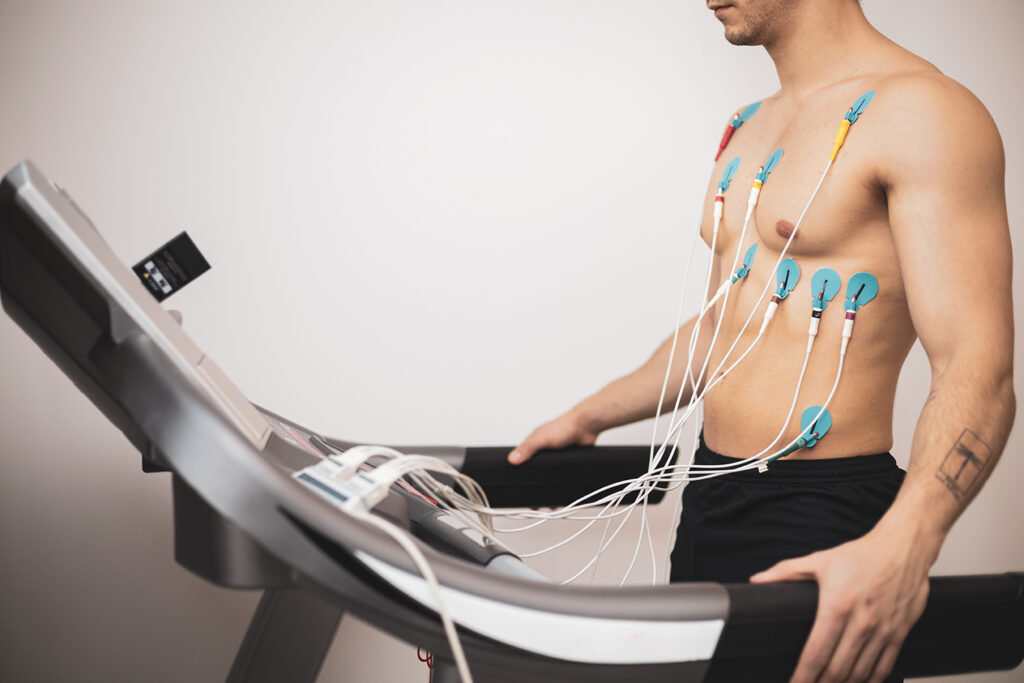
Treadmill Exercise Stress Test
Physical stress test to evaluate how your heart responds to stress.
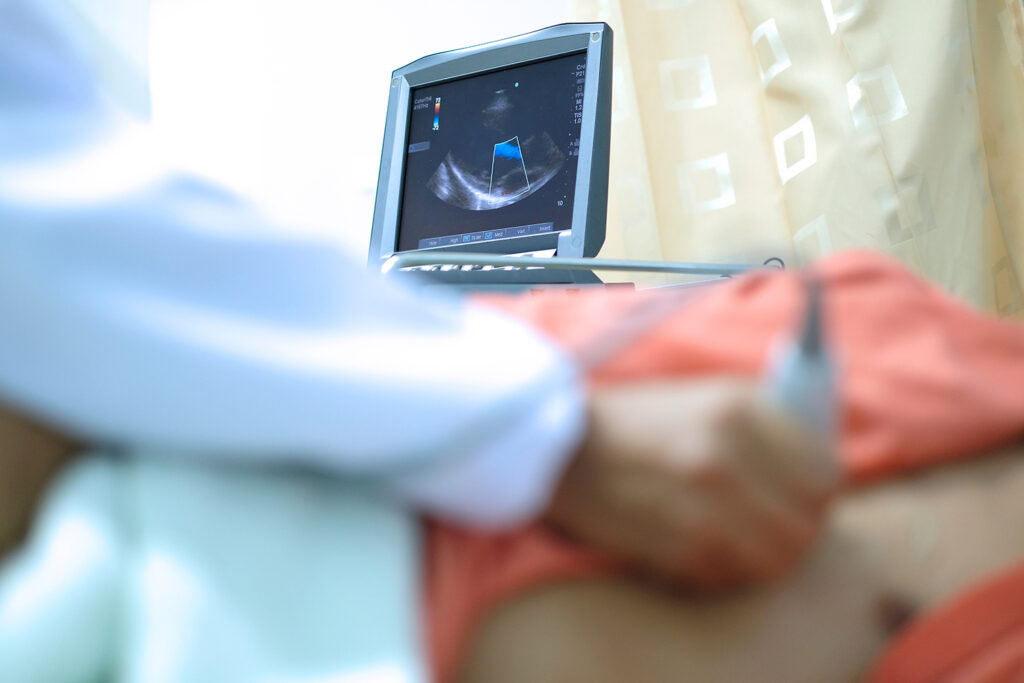
Echocardiography
Non-invasive ultrasound that visualizes your heart’s structure and function.
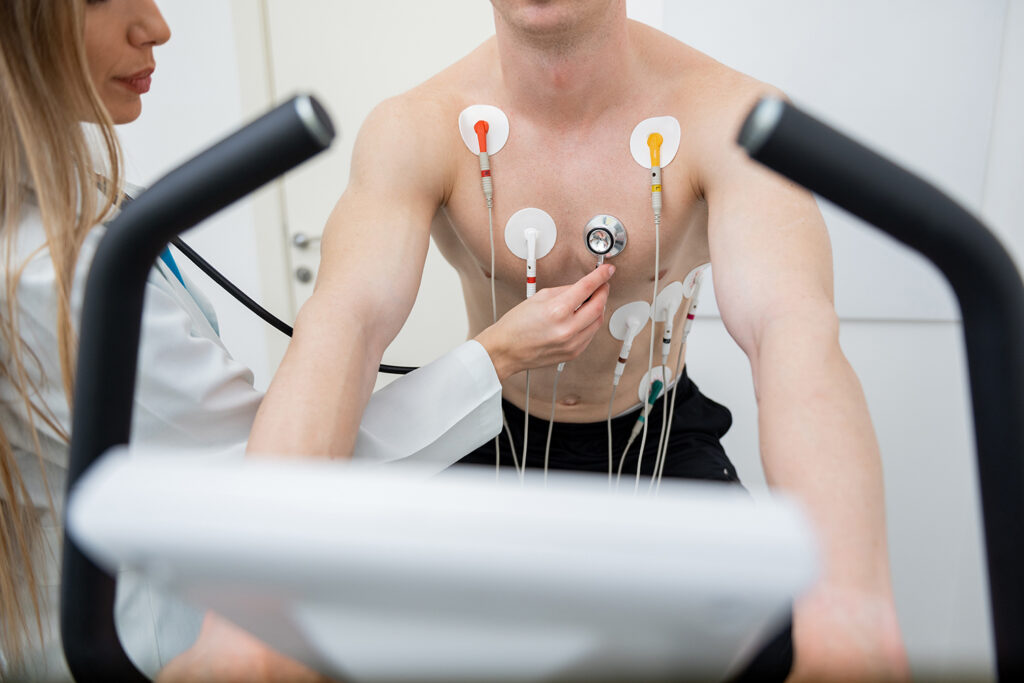
Exercise Stress Echocardiography
Combines exercise with ultrasound imaging to assess how well your heart performs under strain.
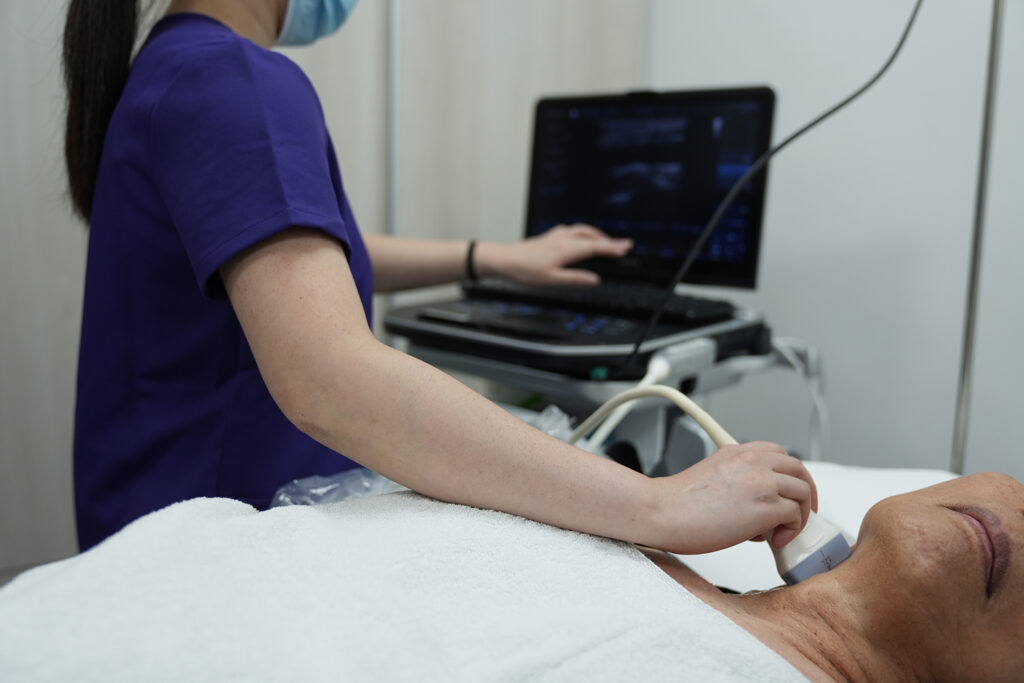
Carotid Intima Media Thickening Scan
Ultrasound scan to measure the inner layer thickness of neck arteries and detect blockages to assess risk of future heart disease.
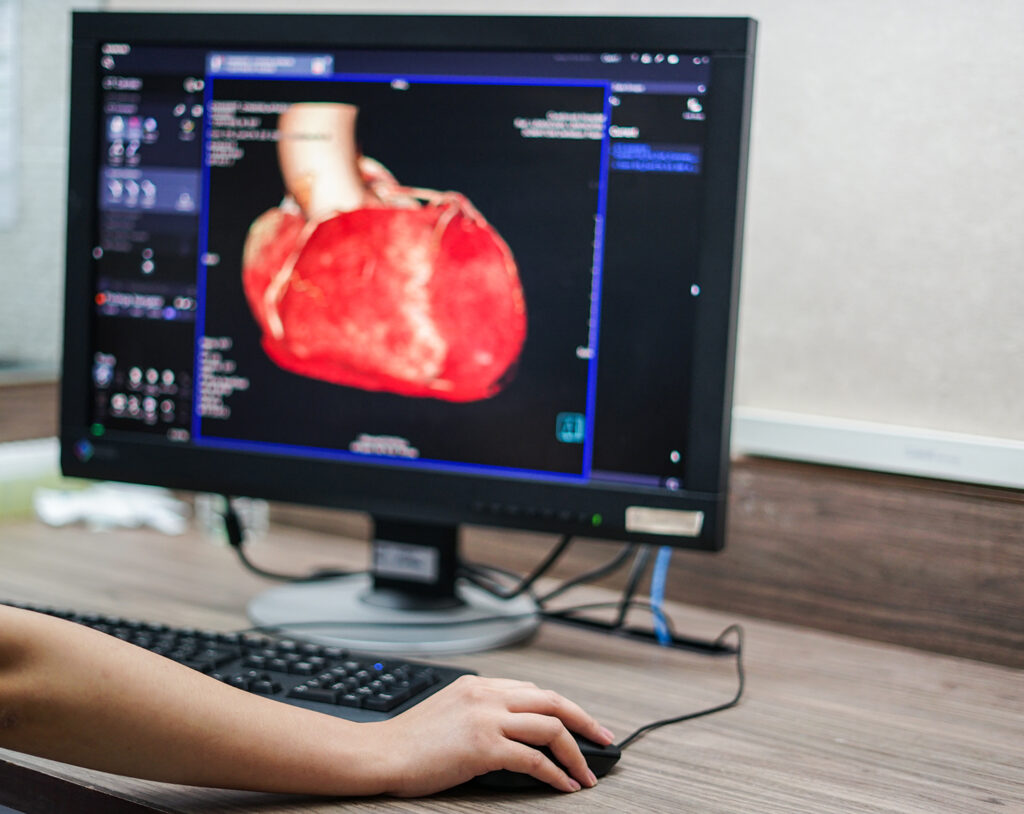
CT Calcium Score & CT Coronary Angiography
Non-invasive scan to assess calcium deposits in your arteries to determine cardiovascular risk, and detailed visualisation of vessels to detect blockages.
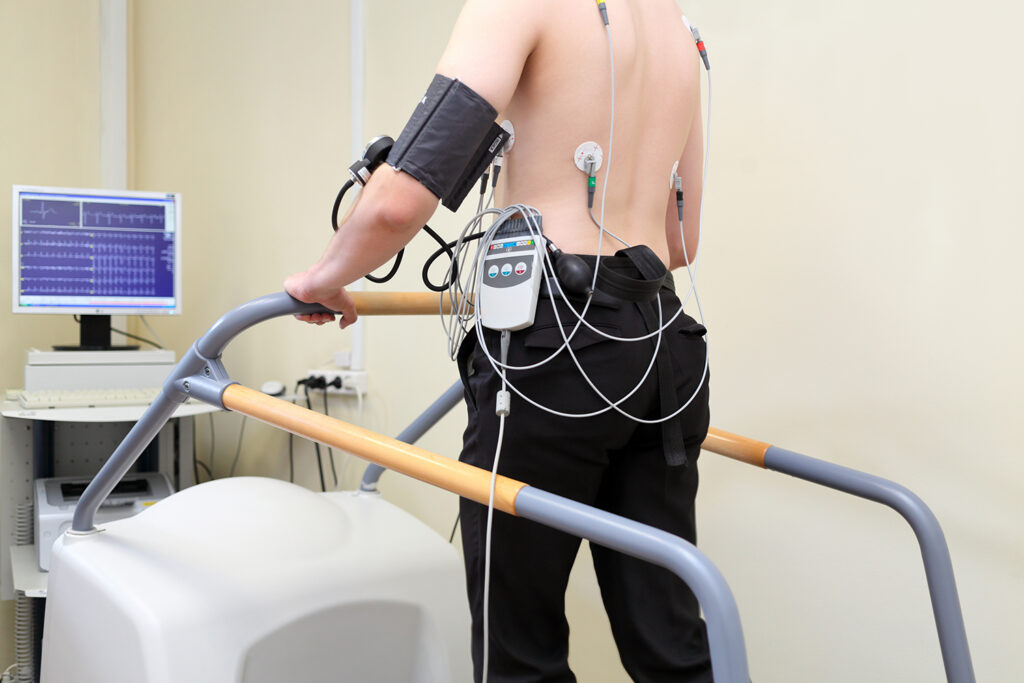
Myocardial Perfusion Scan
Evaluates blood flow to your heart muscle.
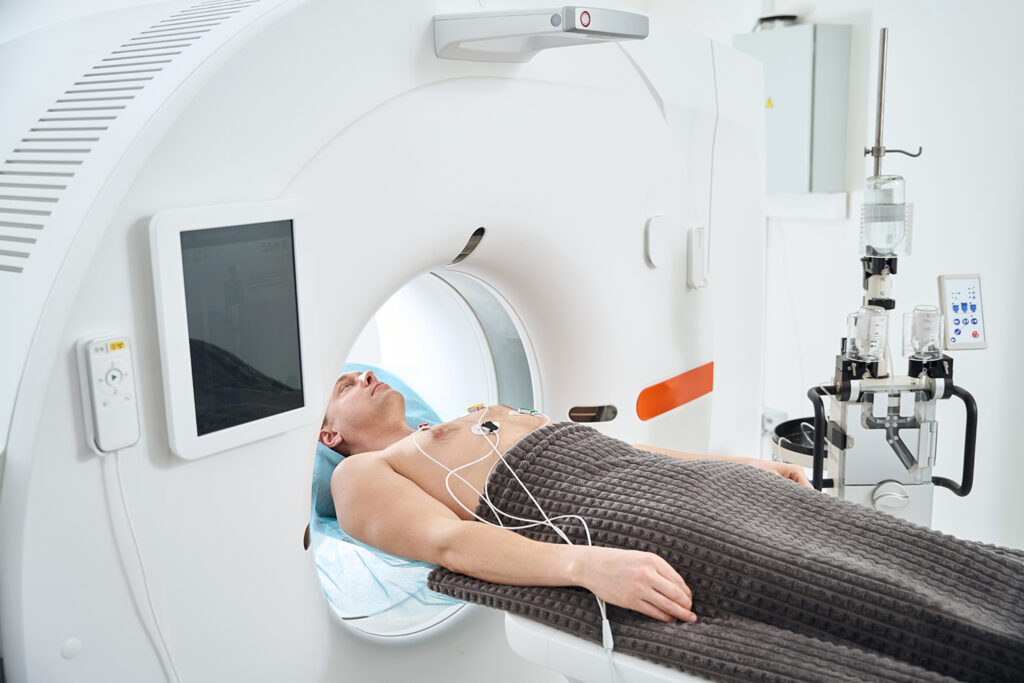
Cardiac MRI
Non-invasive imaging technique to diagnose heart structural abnormalities.
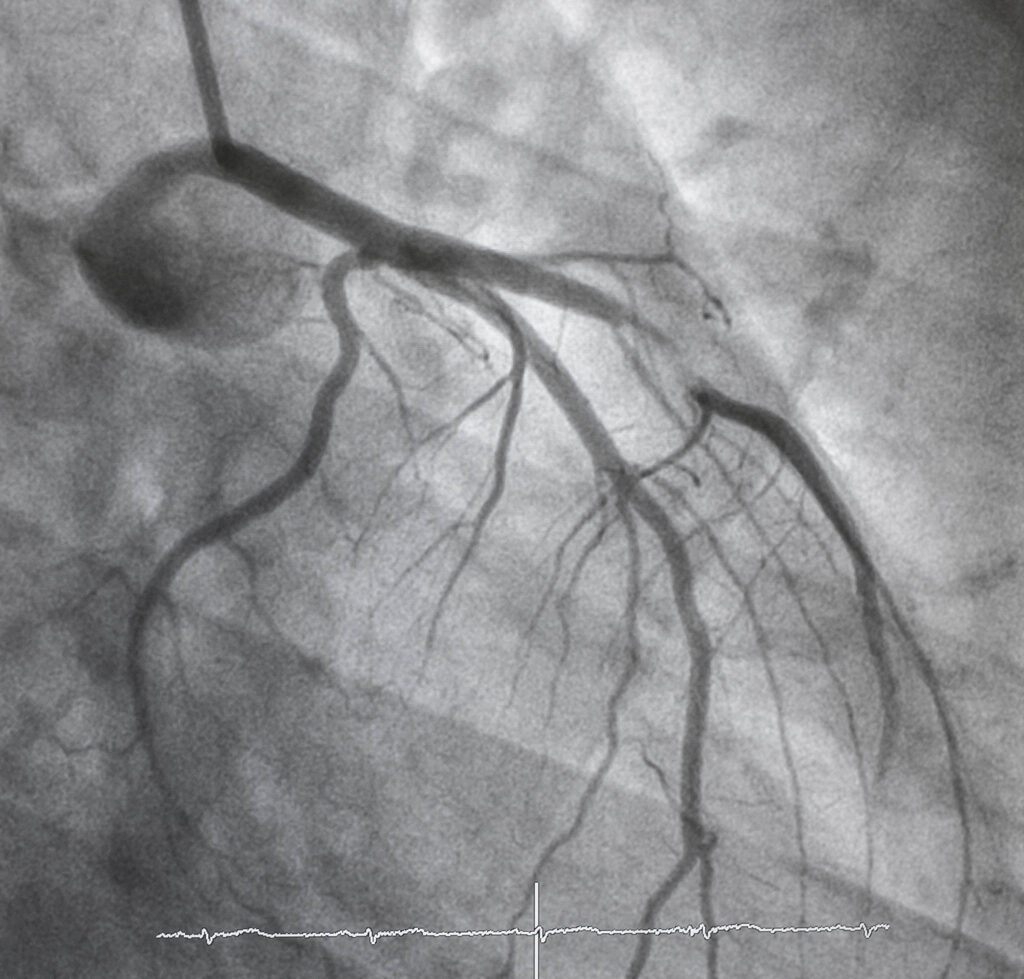
Coronary Angiogram
Minimally invasive procedure to detect narrowed or blocked arteries.
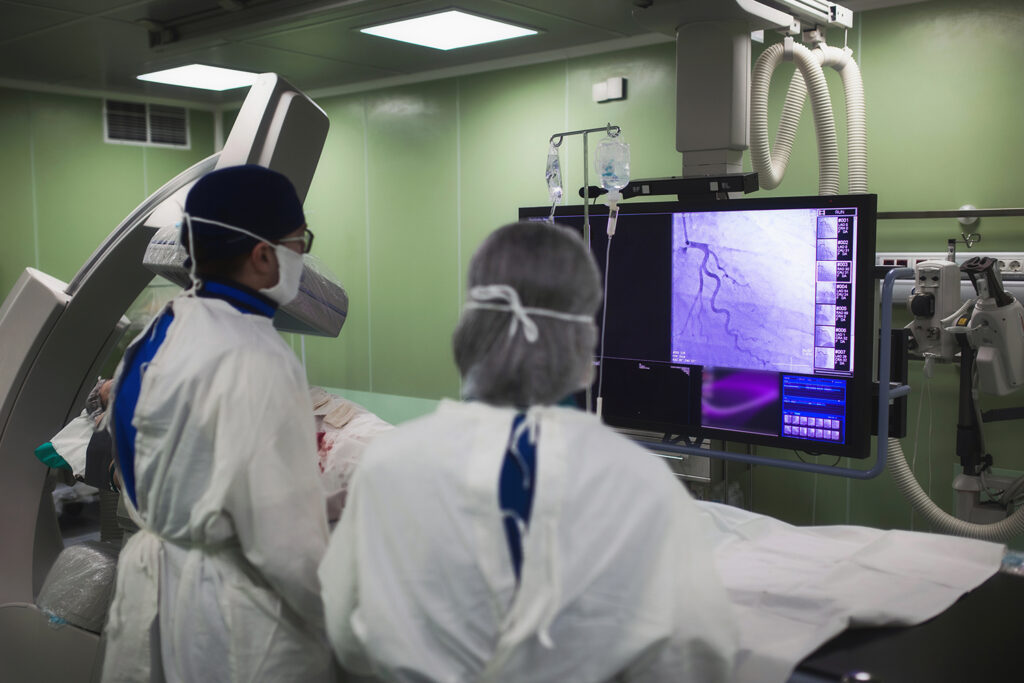
Coronary Angioplasty / Stenting
Improves blood flow to your heart by using a balloon catheter to open up blocked arteries.
View Our Full Cardiac Services

Electrocardiogram (ECG)
Records your heart rhythm and electrical activity at rest to identify irregularities or signs of underlying heart conditions.

Ambulatory ECG / Heart Rhythm Monitor
Wearable device that detects abnormal heart rhythms as they occur during normal daily activities.

Ambulatory Blood Pressure Monitor
Tracks your blood pressure continuously over 24 hours to measure your daily BP pattern.

Treadmill Exercise Stress Test

Echocardiography

Exercise Stress Echocardiography
Combines a treadmill exercise stress test with echocardiography to improve accuracy in detecting coronary artery disease.

Carotid Intima Media Thickening Scan
Ultrasound scan to measure the inner layer thickness of neck arteries and detect blockages to assess risk of future heart disease.

CT Calcium Score & CT Coronary Angiography
Non-invasive scan to assess calcium deposits in your arteries to determine cardiovascular risk, and detailed visualisation of vessels to detect blockages.

Myocardial Perfusion Scan
Assess blood flow to heart muscle and diagnose significant blockages.

Cardiac MRI
Non-invasive imaging technique to diagnose structural heart abnormalities.

Coronary Angiogram
Minimally invasive procedure to detect narrowed or blocked arteries.

Coronary Angioplasty / Stenting
Minimally invasive procedure using balloons and/or stents to open up blocked arteries.
We Work With Major Insurers
Unsure about eligibility? Share your insurer’s name and we’ll guide you through the next step.
Schedule A Heart Health Check Today
How it works
See Your Heart in Action with Exercise Stress Echocardiogram (ESE)
A resting ECG or ultrasound can only show so much. An ESE looks at the heart as it works harder, helping your doctor spot narrowings or valve issues that stay hidden while you are at rest.
01
Baseline Scan (resting ultrasound)
- You lie on your left side while your cardiologist captures clear images of the heart walls and valves at rest.
Treadmill Stage (graded exercise)
- Under continuous ECG and blood-pressure monitoring, you walk or jog as the speed and incline increase in pre-set stages.
- The goal is to raise your heart rate to a safe target that reveals how the muscle copes with extra demand.
02
Immediate post-exercise scan (stress images)
- Within seconds of stepping off the treadmill, you return to the couch for a second ultrasound.
- This allows your cardiologist to compare “before” and “after” frames side by side, revealing areas that struggle with blood flow under stress.
03
Frequently Asked Questions
FAQs
When should I see a Cardiologist?
You should see a cardiologist if you experience symptoms such as:
- chest pain
- shortness of breath
- heart palpitations
- dizziness or lightheadedness
- unexplained fatigue, especially when it’s new or worsening
Individuals with a history of heart disease in your family, are smokers or have other risk factors should also consider doing a thorough heart check.
What is an Exercise Stress Echocardiogram?
See how your heart performs under pressure—safely, clearly, and in real time.
An exercise stress echocardiogram combines a standard treadmill exercise test with ultrasound imaging of the heart to assess how your heart functions when working harder. It is considered more accurate than a standard treadmill test for detecting and evaluating coronary artery disease.
01
Baseline Ultrasound Scan (Resting Echocardiogram)
- You lie on your left side while we use ultrasound to capture images of your heart, assessing its function and checking for any valve problems.
- An echocardiogram is safe, non-invasive and radiation-free.
Treadmill Test (Exercise Stress)
- Under continuous ECG and blood pressure monitoring, you walk or jog as the speed and incline increase at pre-set stages.
- The goal is to raise your heart rate to a safe target to see how your heart responds to physical stress.
- Don’t worry if you’re unable to run - there are alternative methods to safely stress the heart if needed.
02
Immediate Post-Exercise Ultrasound Scan (Stress Echocardiogram)
- As soon as you finish the treadmill test, you return to the bed for a second ultrasound scan.
- This allows your cardiologist to compare resting and post-exercise stress images, helping to identify any areas of the heart that become weaker under stress – a possible sign of significant heart artery blockages.
03
What are the benefits of an Exercise Stress Echocardiogram?
Structure and Function in One Scan
Ultrasound shows the heart’s walls, valves and pumping action while you exercise.
Improve Accuracy and Sensitivity
Higher specificity compared to a standard treadmill exercise stress test for more accurate diagnosis and evaluation of coronary artery disease.
Non-Invasive and Radiation-Free
No needles, contrast agents or radiation, and you can return to your normal routine straight after.
How soon can I get an appointment?
We offer appointments within 24 hours on Mondays to Fridays, and on Saturday mornings.
How should I prepare for my visit?
Please bring along any previous medical reports, scans, and blood test reports for your appointment.
How long will a heart screening take?
Please set aside 2 hours for a heart screening medical appointment, which will give your cardiologist sufficient time to explain the test results to you thoroughly.

